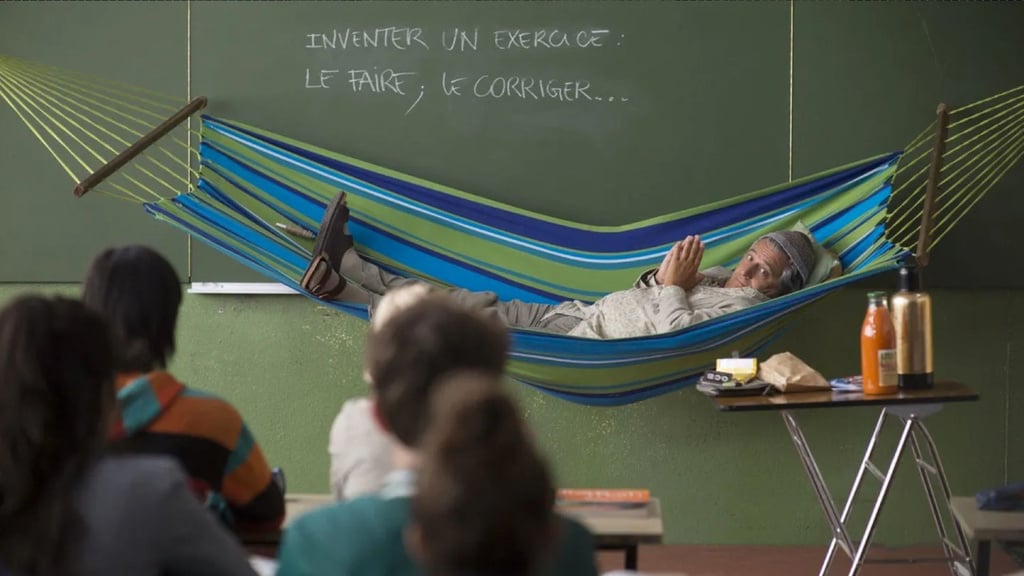Why Are Police Officers in South Africa Torturing People?

It’s hard to imagine that a brutal torture method used by South Africa’s racist white rulers during apartheid would still be practiced in the nation that looks to Nelson Mandela, one of the world’s most lauded human rights leaders, as a guiding light.
But The New York Times has found that, three decades after apartheid ended, a form of suffocation torture called “tubing” has quietly persisted among South African police, despite laws designed to eliminate it.
In its original form, tubing involved officers tightly pulling a piece of tire tube over the nose and mouth. Today it is typically done by pulling a plastic bag over the head.
In collaboration with Viewfinder, a South African journalism nonprofit that reports on police misconduct, The Times analyzed tens of thousands of complaints against the police and identified about 1,700 allegations of tubing over an 11-year period.
Experts say the actual number is probably higher, as most victims do not file complaints. The findings in this first-of-its-kind data analysis show that a government led by freedom fighters who once helped liberate Black South Africans from apartheid is now overseeing a police force that tortures them.
An aggressive response to high crime
South Africa has among the world’s highest murder rates. Brazen assassinations and robberies in broad daylight have left much of the public fearing for their safety.
Citizens complain of police officers showing up hours after being called — if at all — or soliciting bribes at traffic stops. Accusations of corruption are widespread, leading to criticism that the authorities aren’t doing enough to fight crime.
That criticism drives some officers to be overly aggressive on the job, several current and former members of the force told The Times. Policing experts say some officers feel their use of torture is justified by an outraged public demanding results by any means necessary.
The appearance of success
Experts have long agreed that information extracted through torture is unreliable because victims will often say anything to make the pain stop. That has not prevented tubing from being a preferred tactic among some officers.
Officers who have either used the technique or investigated related cases told The Times that victims tend to give up information quickly, which they said could occasionally lead to a break in the case.
Producing such results helps officers meet goals set by their superiors for things like recovering guns and making arrests.
Jeremy Vearey, a former senior official, told The Times that commanders may turn a blind eye to allegations of torture if the accused officers are meeting or surpassing their goals.
The data analysis shows that in many cases, tubing victims never ended up getting arrested, suggesting that they may not have had the information the police were looking for.
A culture of impunity
Police experts in South Africa say that torture has become a routine part of investigative work for some officers — even used for petty offenses.
While being interviewed by Times journalists in his office, one detective casually pointed to a chair where he said he had slipped a plastic shopping bag over a suspect’s head. The suspect quickly gave him the information he needed to arrest her, recalled the detective, who spoke on condition of anonymity for fear of losing his job.
In one case examined by The Times, two officers were convicted of murdering a man after spraying pepper spray into a plastic bag and putting it over his head multiple times as they beat him, witnesses said.
The officers were trying to extract a confession — not for murder, rape or kidnapping, but for the theft of a television. The man died the next day.
What's Your Reaction?
 Like
0
Like
0
 Dislike
0
Dislike
0
 Love
0
Love
0
 Funny
0
Funny
0
 Angry
0
Angry
0
 Sad
0
Sad
0
 Wow
0
Wow
0






































